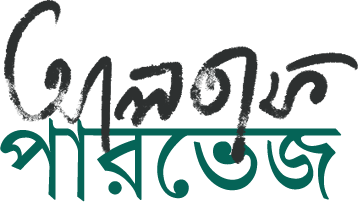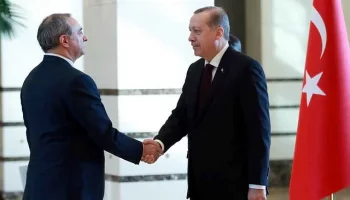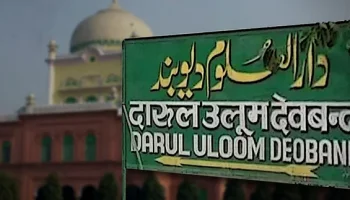Their contribution was one of the main pillars of national economy and as well as a matter of pride.
They were one of the essential foundations of our foreign reserve. We used to regularly declare their role to be our ‘success.’ We opened a separate ministry for their welfare and offered two percent stimulus for inward legal remittance. Last year Bangladesh received 18,330 million dollars, which is an 18 per cent increase against 2018.
But after the outbreak of COVID-19 we have suddenly chosen to forget about this contribution. The expatriates are unwelcome now in their districts and by their neighbours. As a symbol of danger, red flags are being hoisted above the homes of those of returning from abroad. They are considered as ‘others’ of own soil. This is a new kind of social division and stigma we have created in Bangladesh after the latest global pandemic. In the US, Trump found COVID-19 to be a ‘Chinese virus’ and in India, RSS-BJP is trying to brand it a `Muslim virus’.
Racism to unemployment and the way forward
Before the COVID-19 pandemic, at least 10 million Bangladeshi were in 168 countries. We have no labour wings in about 100 of these countries. Family and friends of those expatriates don’t know any details regarding these earners. Huge numbers of expatriates are living there undocumented or illegally.
The global lockdown is a serious blow to these Bangladeshi expatriates and their families in the country. The greater part of these workers face a multi-dimensional crisis now, including health risks, unemployment, financial constraints and mental distress. But they are not finding any institutional offer of help or incentives for deal with this difficult time. It has created a two-way catastrophe for them. When the lockdown will lift, a large number of expatriates may return. They don’t know how their home country will deal about the health issue with them. This must be made clear immediately and the arrangement must be dignified. They are afraid of the local-bred racism already displayed.
Another concern of theirs is their professional rehabilitation. Instant credit with low interest rate can help them in this regard, but without earnings, how will they repay the loan? So all ex-expatriates who will be forced to return should get at least three months’ cash incentive without any conditionality. It should be a contribution or for their combined service to the nation in last decades.
Menacing message from Middle East, Malaysia, Singapore
The majority of Bangladeshi expatriates live in the Middle East, particularly in Saudi Arabia. Approximately 3 million Bangladeshis are working there now. Besides COVID-19 transmission, Saudi Arabia is also under pressure now because of low oil prices. Because of the virus-related global lockdown, demand for fuel has already declined internationally.
This situation worsened for Saudi Arabia since they are engaging in an unprecedented price war of oil with USA and Russia. Oil prices fell by half last month due to the outcome of this ‘war’. This duel shock may have an indirect negative impact on Bangladeshi workers in Saudi Arabia. The ruling family may now re-prioritise and take a conservative outlook for its national spending under new circumstances.
The same thing may happen in Malaysia and Singapore, another two popular destinations for our human resources. These two countries are severely affected by COVID-19. More than one and half million Bangladeshis are living in these two places. In Malaysia, the total number of cases of the virus has crossed 5000 by now and these include 70 Bangladeshis. Singapore is also facing a surge of infections linked with industrial work sites and tightly packed worker dormitories. Almost 90 per cent of the infection there is linked with foreign workers. That is alarming news for Bangladesh. The number of infected Bangladeshis in Singapore crossed 2000 a few days ago.
Loans are not the only answer
If we consider that no less than 10 million Bangladeshis are living abroad and if only 10 per cent have to return for health or unemployment reasons after lifting of the lockdown, we must prepare ourselves for massive management. A simple loan programme from Probashi Kallyan Bank we will not able to manage this imminent wave of expatriates. Within six to twelve months, we must be ready to accommodate them. They may need medical facilities, instant financial support, economic rehabilitation or all of the three.
Before these preparations, we need to ready our society psychologically at first for the coming emergency. We will not able to deal this disaster if we create an ‘us’ and ‘other’ separation among us. For a tiny economy, like Bangladesh, it’s a war-like affair. We must show and prove our courage, solidarity and efficiency. Expatriates gave us a lot of foreign currency over the last decades. Our rural economy gained strength and was consolidated by their continuous contributions. Now is our turn to show them gratitude.




